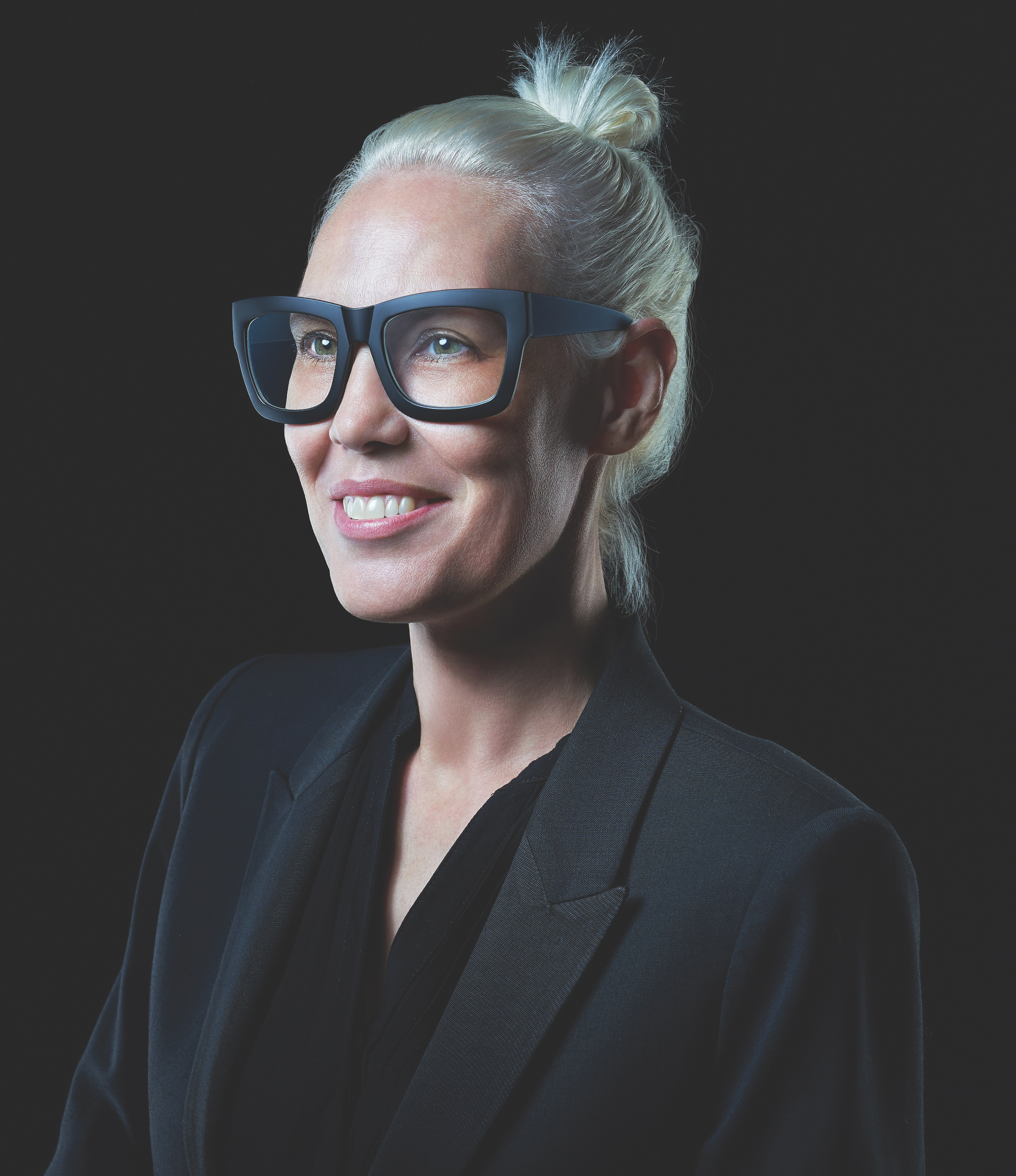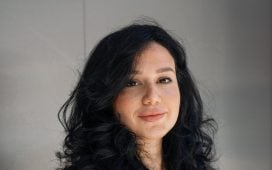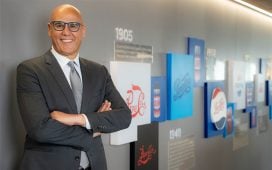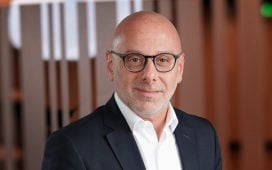
The advertising industry in this region has plenty to shout about when it comes to gender diversity. We recently interviewed a number of female executives for our annual Women in Advertising issue and there were lots of positive comments about the progress being made.
But no-one will deny there is a lot more work to do in leveling the playing field. We will be publishing these interviews online at Campaign Middle East and in our September issue.
Nathalie Gevresse, CEO, Publicis Communications UAE
My role is pretty straightforward. I build partnerships. I partner with clients to help them solve their business challenges. I also partner with the various capabilities within Publicis Groupe to orchestrate the best solutions for our clients.
I’m a big believer in collaboration. Even though my early career was based abroad, my scope was often over Europe and Middle East, which gave me an early insight into the cultural nuances of working within this region.
Do you think the industry has become more inclusive?
The industry at large has progressed a long way from the ‘Mad Men’ days, and you can definitely see a stronger presence of females. However, I don’t necessarily believe that this is due to a change in hiring policies or mandated gender quotas.
There is a definite shift in mindset, and women are – and want to be more empowered than ever. As a result, we are witnessing more capable females entering the industry and, above that, applying for roles that have been traditionally male dominated.
So, rather than the industry being more inclusive, I believe it’s the women, and very capable women at that, themselves that are leading the change.
What advice would you give to women starting out in the industry?
You are responsible for your own success. Learn from others. Fail, try again.
Believe in growth. Never give up. Dream big. And finally, Prince Charming doesn’t exist. You are responsible for your own success.
What more can be done to support the growth of women in the industry?
Why do we feel that it’s still necessary to create a distinction between women and men? Why do we need to isolate a gender to celebrate achievements? Why can’t we reward and recognise based on merit?
It’s not to dismiss the harsh realities of gender inequities that still exist on a global scale. Issues such as the gender pay gap, unequal access to education and stereotypical gender roles need continual awareness and dedicated efforts.
Within the communications industry however, I believe that creating a differentiation only perpetuates a distinction that women are trying to eradicate.
“We want to be recognised for our talent and our capabilities without the label of being a woman”
In more than 25 years of your career, how much have women’s roles and positions in the agency changed since then?
I’ve been fortunate enough to be surrounded by women in leadership roles who have trailblazed a path for the younger generation. Some have since retired, and some remain prominent voices in the industry.
Whether they knew this or not, I always had admiration for them. They inspired me to dream big, and based on their success, I knew it was achievable.
Today, especially in Dubai, we have equal access to tools, resources and opportunities. Whether you’re a male or female, it’s up to the individual to take the reins and drive their own career path.
Moving from the UK and Europe to the region, what was the biggest cultural difference you encountered?
The biggest cultural difference I noticed coming to the UAE was the level of tolerance and respect for religious freedom and cultural diversity. The UAE government does an amazing job at promoting inclusivity and coexistence amongst such a diverse community of people.
How many times have you been the only woman in the room, and has this begun to change now?
I’ve never actually thought of this before. Having grown up in an equestrian household, I was competitively riding horses when I was younger. I was definitely in the minority as a young female, but I was never consciously aware of this.
For me, being the best in the sport was the only thing that mattered, and my gender was never a defining factor in my success (or failure).
That mindset still applies today in my professional life. Whether I’m in a boardroom or in a client meeting, gender is irrelevant. My objectives don’t change based on whether I’m outnumbered by men. Whether it’s a room full of men, or only women, I’m only always focused on the end goal.









